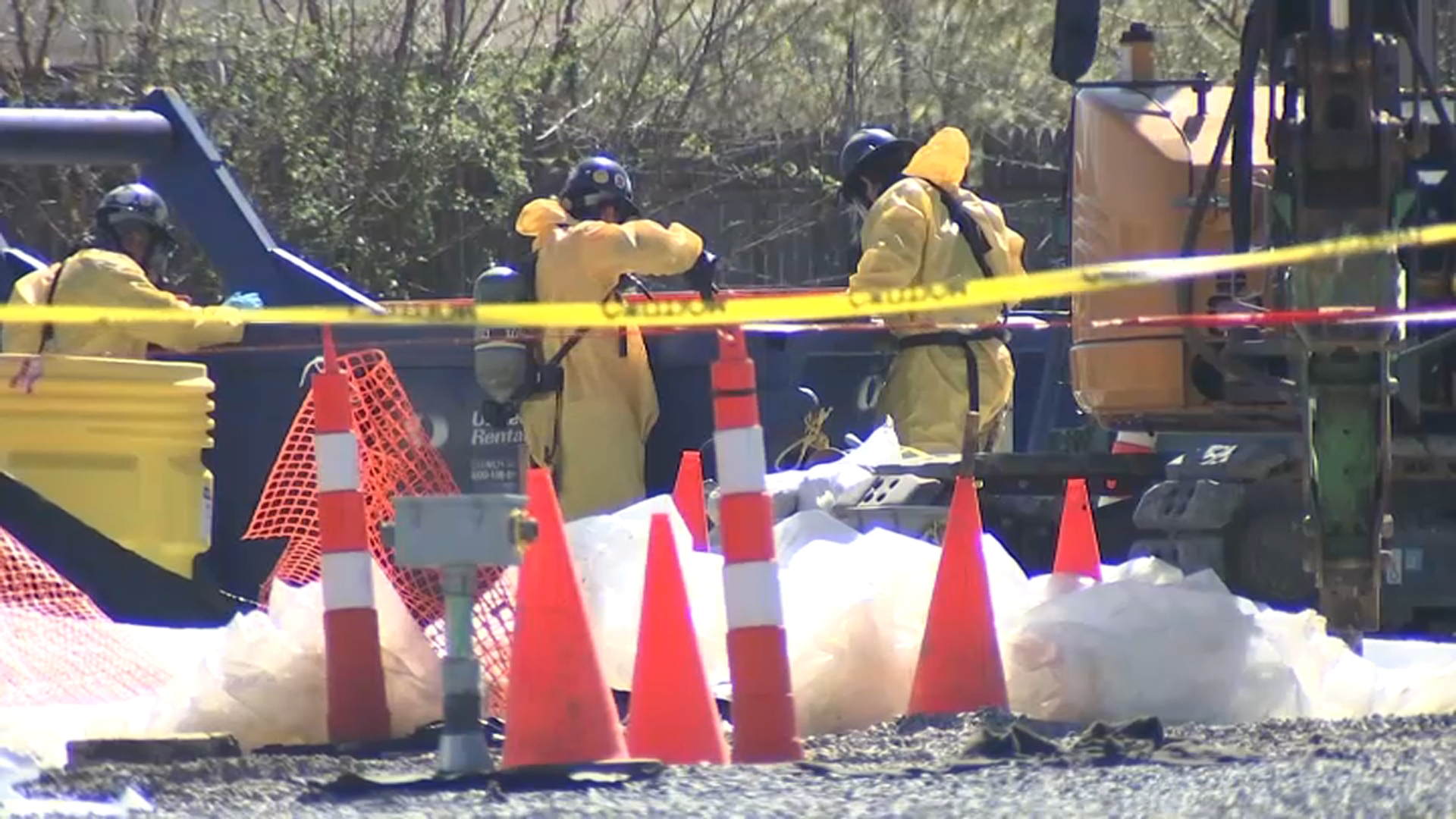It’s a new year for 1.1 million New York City schoolchildren -- but it will hardly be a happy one for those who want to see the educational system improve.
The muckety-mucks who lay down policy for our schools are still pushing for a testing strategy that doesn’t work. And the kids and their parents are left in the lurch.
The soulless, statistical approach to education is still being promoted at the expense of the children who deserve better. The state’s education commissioner, Dr. John King Jr., doesn’t see it that way.
He said in a statement to the New York Times: “Sadly, the adults in charge of the city’s schools have let the students down.”
The weakness in King’s position is that no foolproof system for testing teachers or students has yet been devised. The picture is confused.
While $60 million in federal grants designated to help 33 struggling city schools is at stake, no sound system has been devised on how to distribute that money so that graduation rates and test scores go up.
So how have we let the kids down? Are the state education commissioner and Mayor Bloomberg accountable for what’s wrong?
Local
King gave New York City schools, in effect, an ultimatum: you won’t get any school improvement grant money unless you come up with an evaluation system immediately. The ultimatum didn’t change New York City’s position.
Gov. Cuomo is expected to champion a new teacher evaluation system. A commission, the Daily News reports, would be designed to look at education from a “student perspective.”
Whatever that means, there’s no doubt that the governor, if he wants to bring principals, teachers and politicians together on the issue of evaluating them, has a tough road ahead.
Diane Ravitch, a leading educational authority, told me that more than 1,000 principals had signed a declaration saying that the testing controversy was “demoralizing” them and their teachers. The teachers, she notes, are “less outspoken” than the principals.
Ravitch says the teachers are being treated as a “scapegoat” for the ills of the system. She criticizes federal officials for decreeing that states have to judge teachers and principals by test scores.
“We know,” she says, that “test scores are not totally reliable.” She points out that, in many respects, this mathematical approach to educational progress doesn’t deal with fundamental subjects like history, science, art and government.
It seems like a no-brainer. But probably the ideal approach to educational reform in the year 2012 would be to look harder at what ails the system. Are many youngsters missing out in their early years on the encouragement and inspiration that only parents can provide? Are the solutions we seek too simplistic?
In the larger scheme of things, education depends on a partnership among parents, teachers, principals and political leaders. We are still far from that goal.
If we don’t concentrate on forging that partnership, we’ll be as far behind as ever a year from now.



